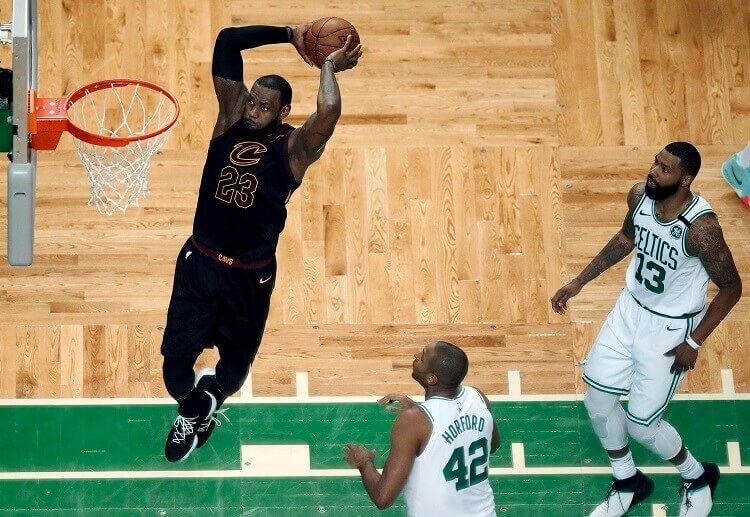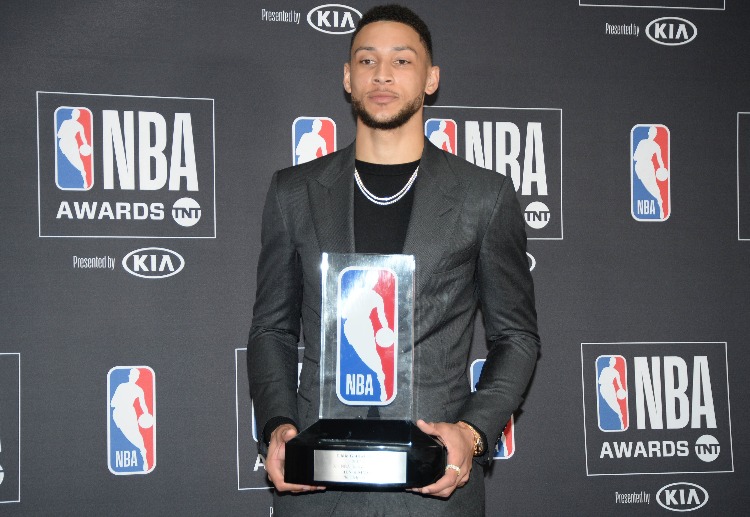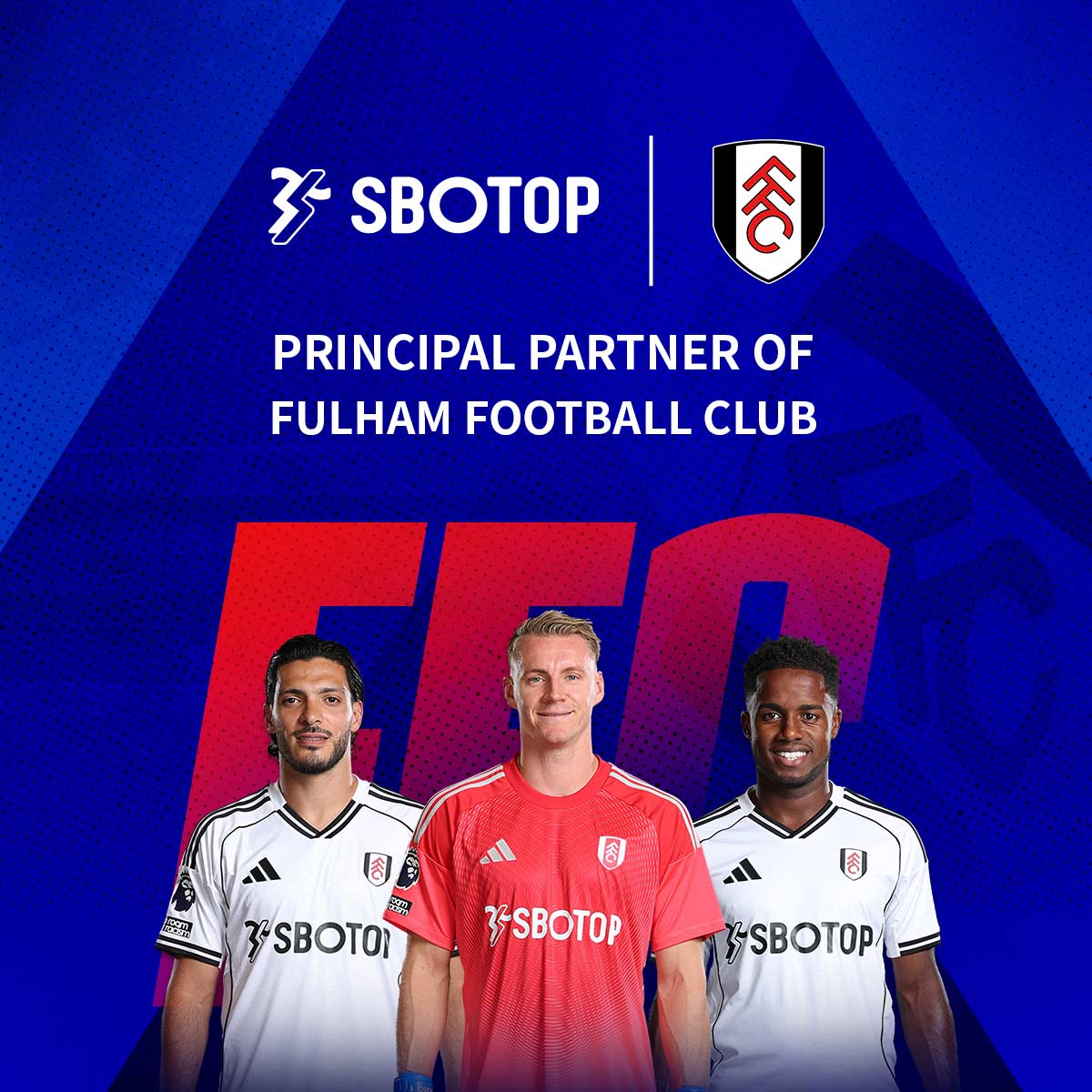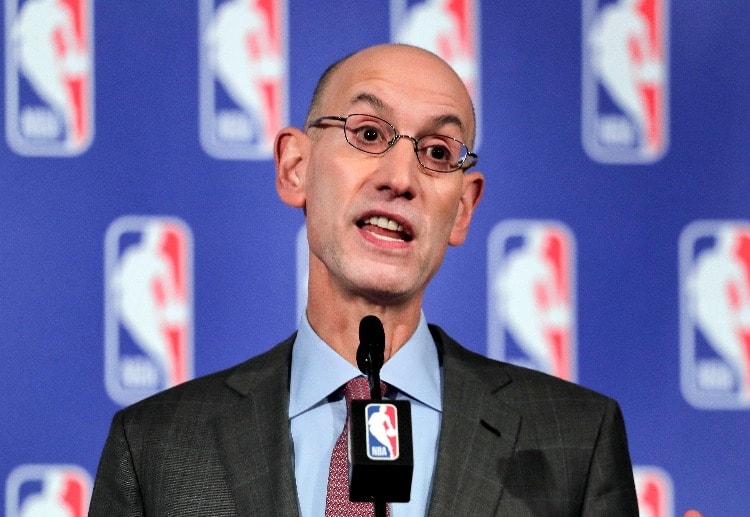The NBA is on the verge of abandoning the one-and-done rule, and we say it’s about time.
For those who didn’t know, the NBA instituted a rule in 2006 that prevents high school players from directly jumping to the league. It requires prospects to be at least 19 years old and one year out of high school to be draft eligible.
The policy effectively ended the prep-to-pro concept and paved the way for the so-called “one and done”, a phenomenon which saw NBA prospects play one year in college before declaring for the annual draft.
The rule received plenty of criticisms from players who argued that it stops them from earning immediately. It didn’t help that the NCAA—USA’s governing body for the top collegiate basketball competition—and some of its member schools were recently involved in a bribery scandal, further increasing calls for the NBA to provide another route to pro basketball besides college.
And sure enough, the league responded and suggested they are already looking to put an end to the one-and-done era. In the latest NBA News, commissioner Adam Silver said they are “ready to make that change.”
“It won’t come immediately, but…when I weighed the pros and cons – (and) given that (former Secretary of State) Condoleezza Rice and her (NCAA) commission has recommended to the NBA that those one-and-done players now come directly into the league and, in essence, the college community is saying ‘We do not want those players anymore,’ I mean that sort of tips the scale in my mind that we should be taking a serious look at lowering our age to 18.”
It remains to be seen how the league plans to move forward about it, but there’s no doubt that it’s welcome news to everyone involved.
Today, SBOBET takes a look at why the end of one-and-done is good for the NBA, the players and even for college basketball.
What does it mean for NBA?

The NBA and its franchises are, of course, the main beneficiaries of the possible rule change. After all, teams can start training players and get them ready for the gruelling 82-game season as early as 18 years old.
In a star-driven league like the NBA, developing players and ensuring that they reach their full potential is top priority. It could help in stabilising the balance of power and the NBA betting odds as having better players would result in a more competitive league—though distribution is another matter.
Furthermore, the league can finally use to its development league, now called G League. There had been calls for the NBA to develop a farm system similar to the minor league in baseball and to the youth academy in football/soccer.
With the G League growing in popularity and the NBA thinking of other ways to expose players without immediately pitting them against the pros, the developmental competition could be an excellent replacement.
Also, it could be another source of income for the league and a better way to acclimate young players to the demands of the pros.
How about for the players?
Some of the best basketball players we have seen are prep-to-pro. Five-time champion and Oscar winner Kobe Bryant and new Los Angeles Laker LeBron James came straight from high school (before the rule change) and became stars in the league.
Of course, there are the likes of Kwame Brown and Sebastian Telfair who never really panned out after playing directly to the NBA; however, teams today have drastically improved in developing athletes and high school players could benefit from such high standard of training and conditioning.
The NBA is also growing faster than ever, which means more money for athletes. As mentioned above, most players argued that it prevents them from earning money after high school, so removing the rule and allowing aspiring ballers to turn professional immediately will solve that.
What now for College basketball?

Truth be told, one-and-done isn’t bad for college basketball. It’s bad for players. After all, the NCAA benefits from the star power that the top recruits bring.
Nonetheless, having the NBA change its 12-year rule will have a long-term benefit to college basketball, particularly the NCAA.
Of course, an NBA policy amendment will not completely end the one-and-done as players could still opt to play one year in college before declaring for the pros. Nevertheless, it would limit such instances and instead give colleges sustainability in their programs.
Imagine building your team around one player only to see that athlete leave the next year?
The level of competition will likely be an issue at first, but it’s a small price they have to pay. Besides, they can increase the competition in no time given the established schools that continue to produce top talents.
●●●
CHECK OUT OUR BLOG FOR MORE BASKETBALL STORIES & ODDS
Stay updated with everything sports and betting.
Follow us on social Facebook, Twitter, Instagram and YouTube.












